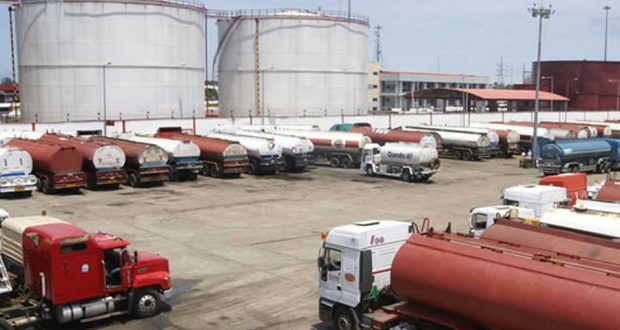The Federal Government of Nigeria has announced a significant policy change, banning fuel tankers exceeding 60,000 litres from operating on the country’s roads. The decision, which is set to take effect on March 1, 2025, aims to address the growing safety concerns and reduce the number of frequent accidents involving heavy-duty petroleum trucks.
The Nigerian Midstream and Downstream Petroleum Regulatory Authority (NMDPRA) revealed that by the fourth quarter of 2025, no truck with a capacity exceeding 45,000 litres will be permitted to load petroleum products.
Ogbugo Ukoha, the Executive Director of Distribution Systems, Storage, and Retailing Infrastructure at NMDPRA, emphasized that the new policy was driven by the increasing number of road accidents involving oversized fuel tankers. “Many of these incidents have resulted in tragic loss of lives, destruction of properties, and severe disruptions to economic activities,” Ukoha said in a statement delivered in Abuja.
In collaboration with stakeholders including petroleum marketers, transport unions, and safety experts, NMDPRA has been working to implement measures aimed at curbing tanker-related accidents. The regulatory authority explained that the new policy aligns with global best practices, as many other nations impose similar restrictions on tanker sizes to mitigate road hazards.
Furthermore, Ukoha revealed that stricter safety measures, including more rigorous enforcement of loading limits at depots and refineries, will be introduced in the coming months. “We urge all petroleum marketers and tanker operators to comply with this directive ahead of its implementation. Violators will face severe penalties,” he warned.
This announcement comes as concerns about Nigeria’s road infrastructure continue to grow. Experts have raised alarm about the risks posed by overloaded fuel tankers on poorly maintained highways. Advocacy groups have long called for stronger regulations in the downstream petroleum sector to prevent further disasters.
The government hopes this measure will balance fuel distribution efficiency with enhanced road safety for all Nigerians.
 Financial Energy Review
Financial Energy Review





